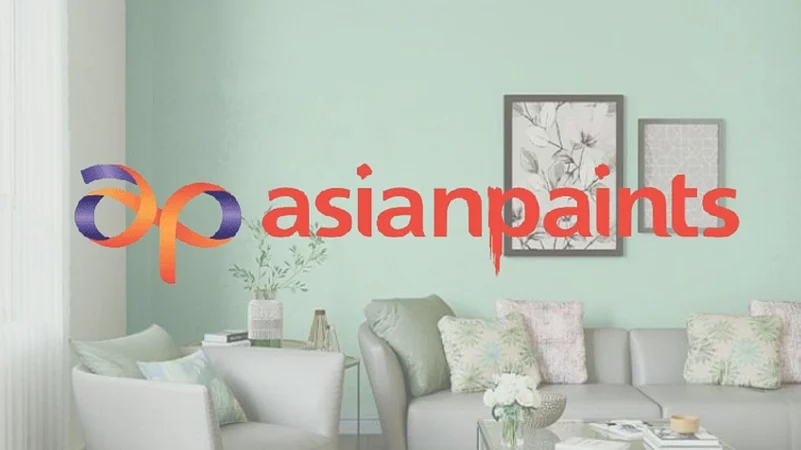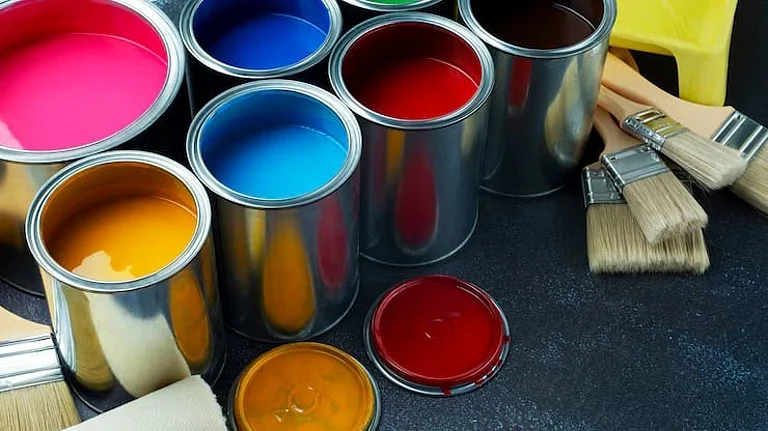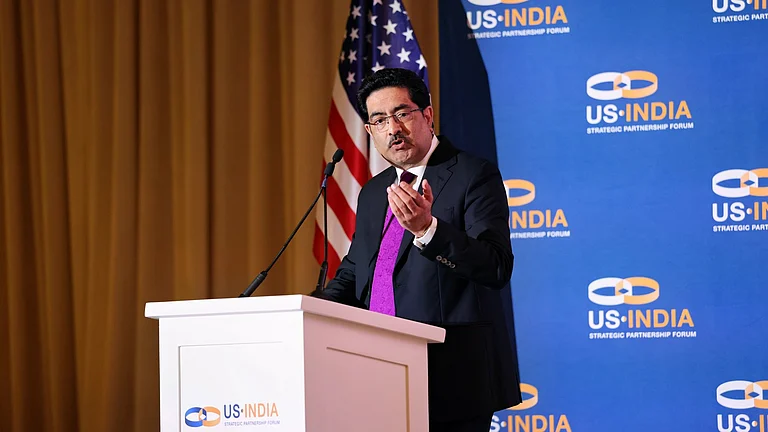The Competition Commission of India (CCI) has ordered an investigation into India's largest paint manufacturer, Asian Paints, following a complaint by the Aditya Birla Group’s new paint unit. The probe will be conducted by the anti-trust regulator’s Director General (DG) and centres on allegations of abuse of market dominance.
Birla Opus, the decorative paints division of Grasim Industries, accused Asian Paints of imposing restrictive clauses on its distributors to deter them from stocking Birla's paint products.
“The Opposite Party (Asian Paints), by restraining its dealers from engaging with competitors like the Informant (Birla Opus) and enforcing exclusivity, is imposing unfair conditions that amount to exploitative conduct,” the CCI bench, chaired by Ravneet Kaur, said in its 1 July order.
The Commission further noted that Asian Paints appeared to be restricting the supply of essential raw materials to competitors such as Birla Opus, while also allegedly coercing landlords, C&F agents, and transporters to avoid working with rivals. Such actions, the CCI observed, prima facie create entry barriers and partially foreclose competition in the market. As a result, Asian Paints’ conduct appears to be causing an appreciable adverse effect on competition in India.
The Commission has directed the Director General to submit the investigation report within 90 days.
Birla Opus’ Allegations Against Asian Paints
Birla Opus filed its complaint with the CCI in December 2024, alleging that Asian Paints incentivised dealers through foreign trips, discounts, and other benefits in exchange for exclusivity. These incentives, it claimed, were not based on dealer performance or a transparent policy.
The company further alleged that Asian Paints employed pressure tactics to dissuade dealers from engaging with Birla Opus. These included reducing credit limits, increasing sales targets, cutting off perks like trips, and limiting access to customer leads. Dealers who stocked Birla Opus products were reportedly penalised with delayed services, restricted product availability, and even the opening of rival outlets in close proximity.
The complaint also stated that Asian Paints discouraged dealers from using Birla Opus’ tinting machines and exerted pressure on third-party suppliers, landlords, transporters, and C&F agents to steer clear of the new entrant. Birla Opus additionally accused Asian Paints of launching a smear campaign against it.
Between January and April 2025, the Commission reviewed the case over multiple meetings. In June 2025, Asian Paints sought an opportunity to present its position, pointing to the competitive nature of the paint industry in India.
Asian Paints’ Defence
Asian Paints argued that the decorative paint industry includes 9–10 national and multinational players, as well as many regional firms, making it highly competitive. It contended that the entry barriers were low—evident from Birla Opus’s rapid rise since its launch in March 2024.
Asian Paints highlighted that Birla Opus had achieved gross revenue of ₹2,600–2,700 crore in its first year, emerged as the third-largest decorative paint brand within six months, and secured a high single-digit market share in Q4 of FY25. It also noted that Birla Opus had quickly established the second-largest depot network and reached 50,000 dealers with as many tinting machines. Leveraging its cement distribution network, the company claimed access to over 2 lakh dealers nationwide.
Asian Paints cited this as proof of healthy competition and denied engaging in anti-competitive conduct. It also referenced a previous CCI inquiry involving JSW Paints, where similar allegations had been dismissed.
The CCI, in its latest order, referred to that earlier case from 2019 and 2021, where it had defined the relevant market as the "market for manufacture and sale of decorative paints in the organised sector in India." It had also clarified that industrial and decorative paints are distinct markets, and that unorganised sector players do not exert meaningful competitive pressure due to differences in branding, pricing, and quality.
The Commission had then concluded that competition in the decorative paints sector was national in scope, a view it has retained in assessing the current case against Asian Paints.

































